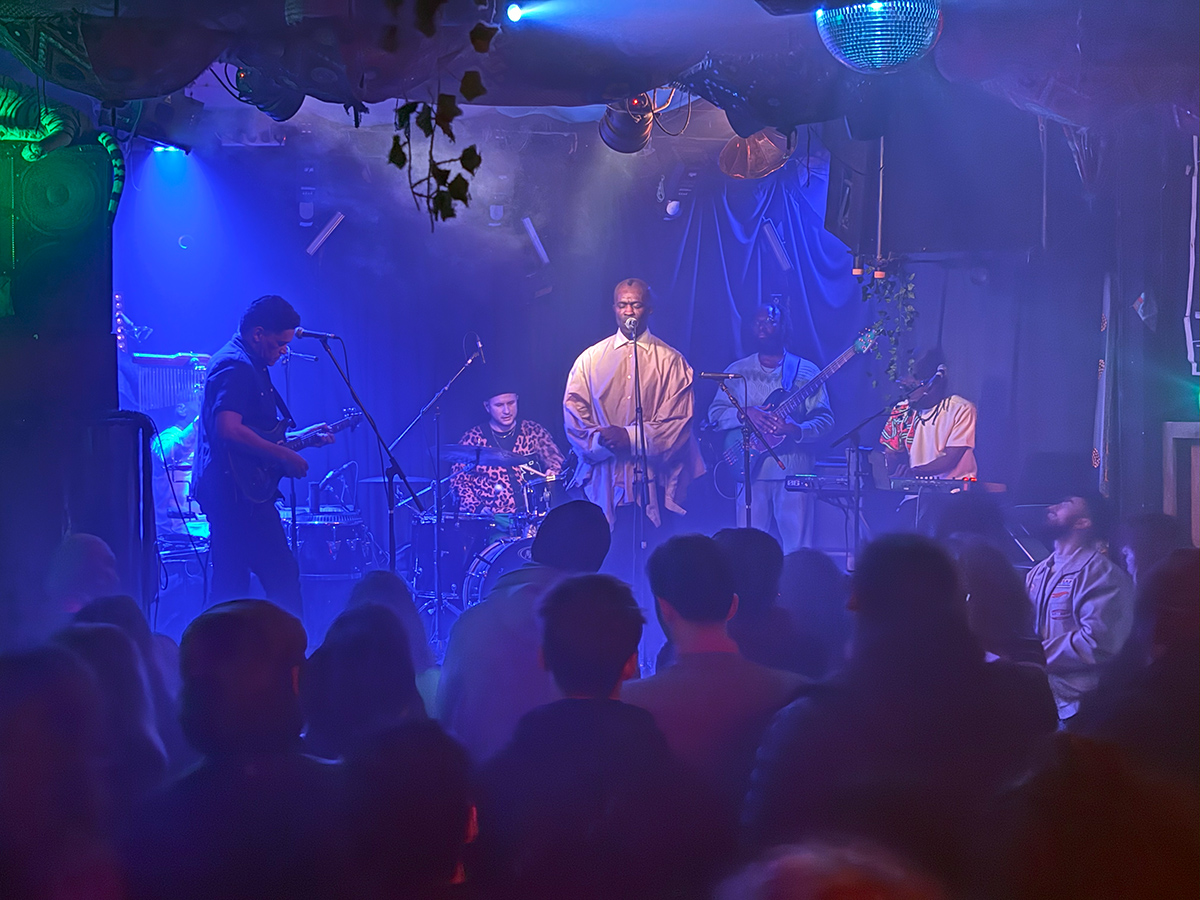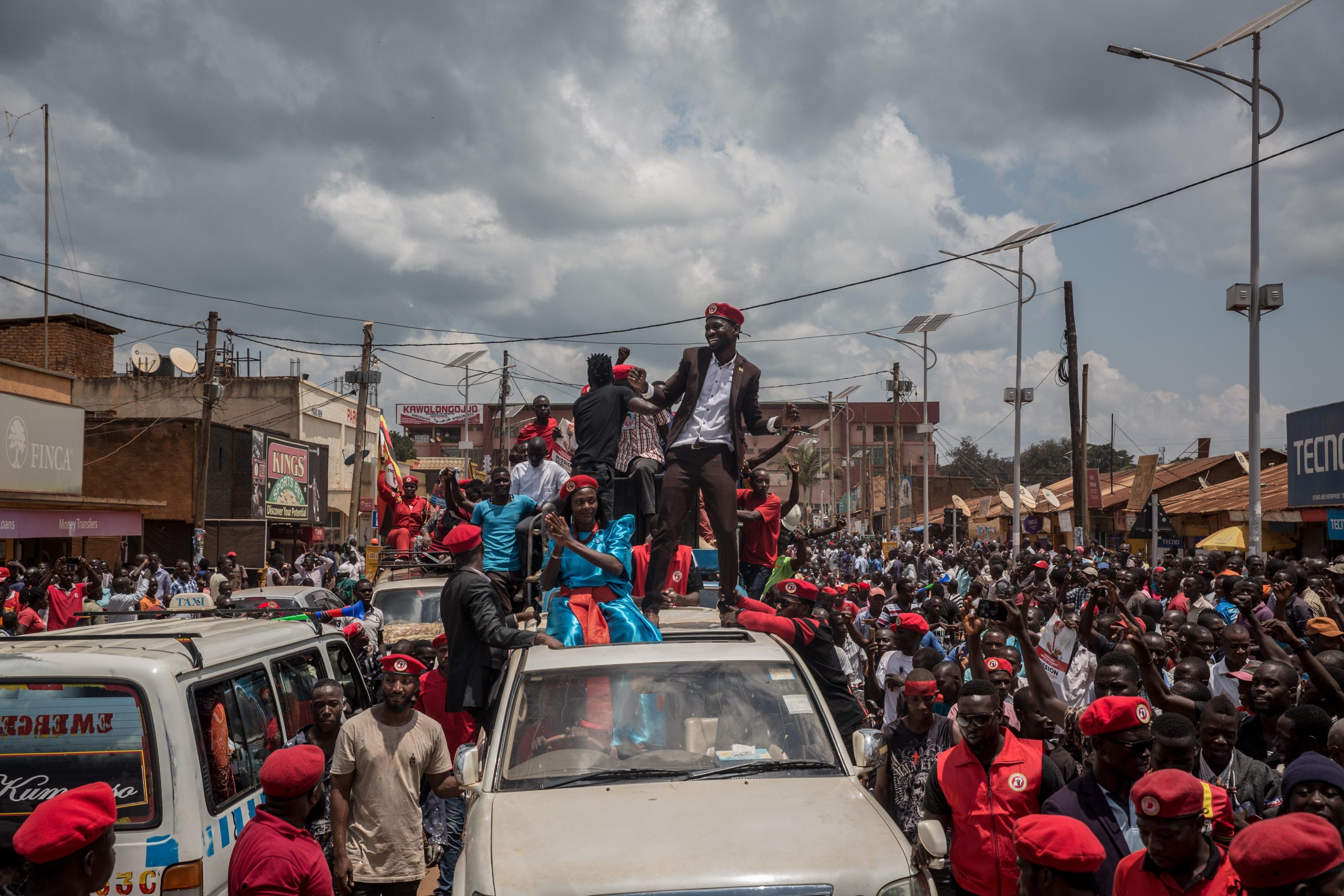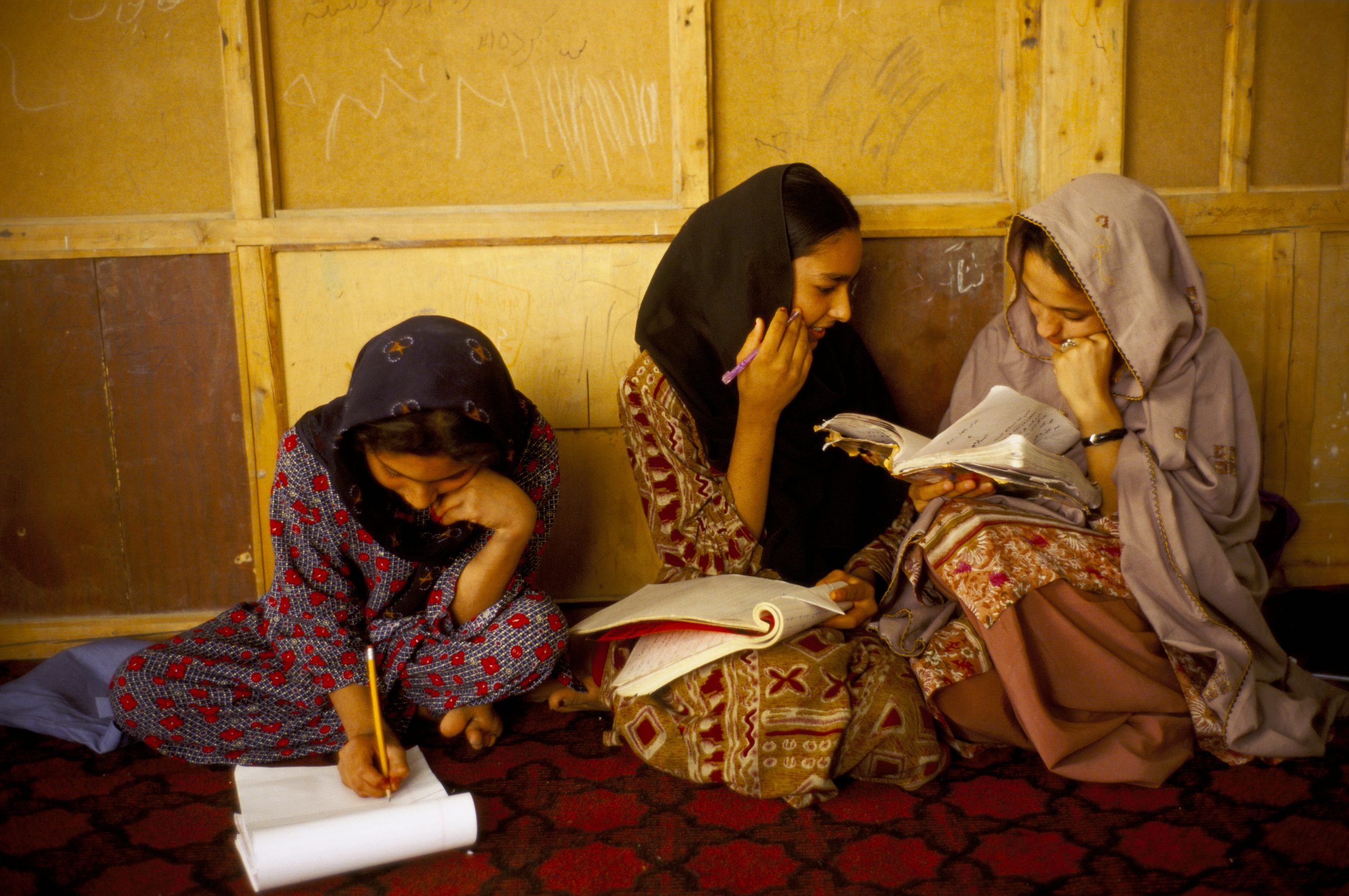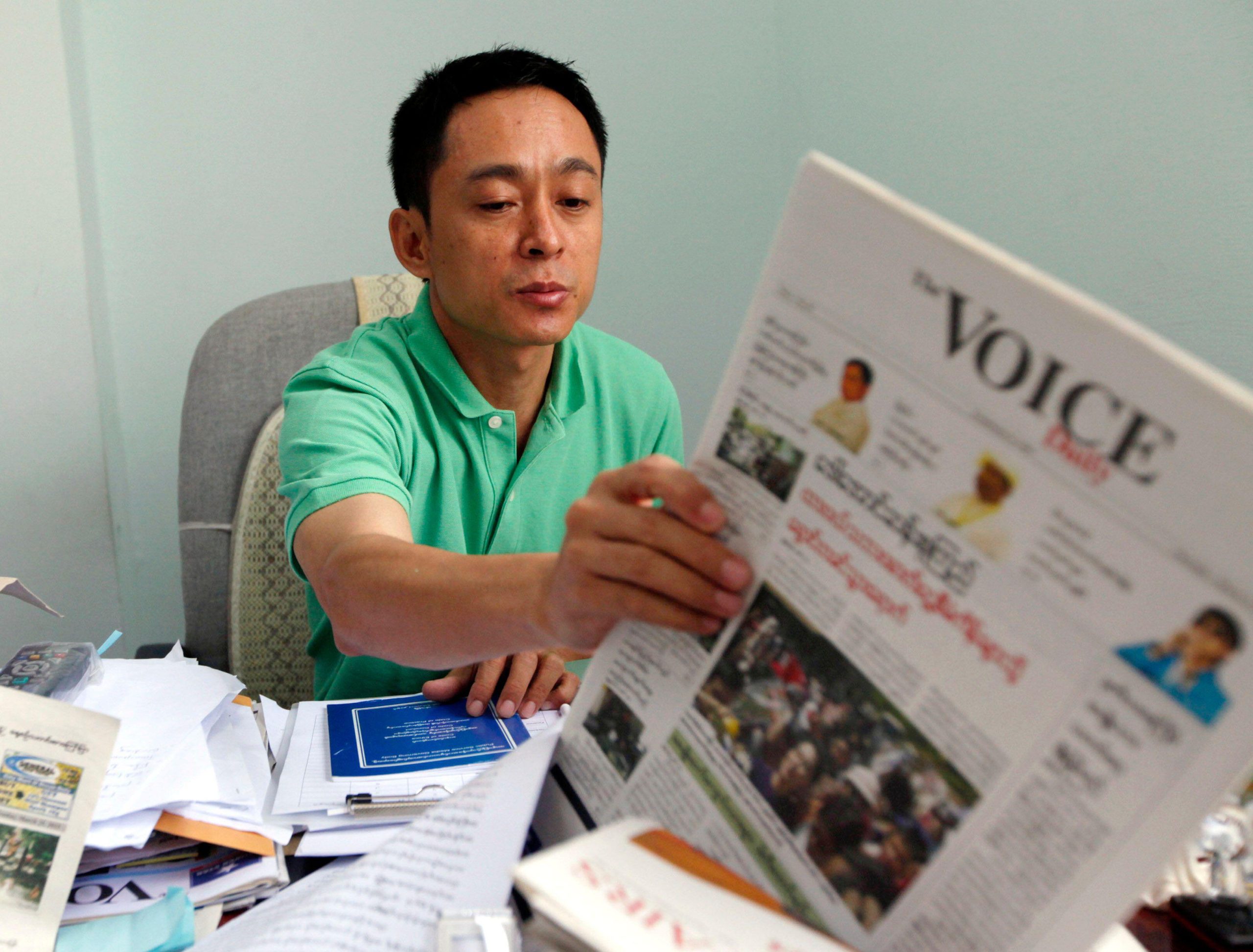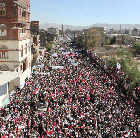 The government may claim that media workers are protected, but the reality on Yemen’s streets is very different. Iona Craig reports
The government may claim that media workers are protected, but the reality on Yemen’s streets is very different. Iona Craig reports
Journalists are protected and free to go about their work, claim Yemen’s government and President Ali Abdullah Saleh, but the reality on Yemen’s streets is very different as anti-regime protests continue to spread.
Reporters and photographers trying to cover demonstrations complain of being attacked by pro-Saleh loyalists and state security and local press outlets have also been targeted. News website Al-Masdar was blocked on 27 February, for the fifth time since its launch in 2009.
Vehicles carrying copies of the newspaper to Aden have been blocked from entering the southern city during the last two weeks, Ali Al-Garadi, editor-in-chief, Al-Dyar, told the Yemen Times.
Human Rights Watch last month listed 31 journalists who were beaten or harassed during recent anti-government protests, despite Saleh ordering security forces to “provide the needed protection for journalists to help them carry out their job”.
Since then the number has grown. The Yemeni Journalists Syndicate, which had its own building stormed ten days ago, has recorded 53 cases of bullying, ranging from threatening phone calls to physical attacks.
Local Yemeni journalists remain at greatest risk, with assaults on journalists reported in Aden, Ibb and Ad-Dali, whilst the house of Nasser Abdullah Aldibibi, editor of Al-Hurra newspaper, was torched on 2 March in Sana’a.
Foreign journalists, in particular photographers, have also been victims of the media crackdown. Plain clothes PSO (Political Security Organisation) officers have taken or broken camera equipment and confiscated memory cards. Following an altercation over filming at protests, the PSO stopped one journalist’s taxi at gunpoint.
Getting into the country is also increasingly difficult. Yemen has “temporarily suspended all media-related visa processing until further notice”. This is due to the “overwhelming number of visas demanded”, according to a government statement issued on 4 March.
Dublin-based photographer, Paulo Nunes dos Santos, didn’t even make it out of the airport after receiving his entry visa. Security men confiscated his passport and mobile phone before deporting him on 6 March.
Despite attempts to curtail media coverage the call for an end to Saleh’s 32-year rule has grown stronger. Anti-government protests have spread across the country, to 20 of Yemen’s 21 provinces.
Anti-Saleh rhetoric has become more prevalent. Children and students can be heard singing revolution songs in the streets of the capital. Political debates on the “debabs” (public transport mini-buses) around Sana’a, openly criticising the president, are becoming almost familiar – something few would have been brave enough to do a month ago.
Iona Craig is a freelance journalist based in Sana’a


